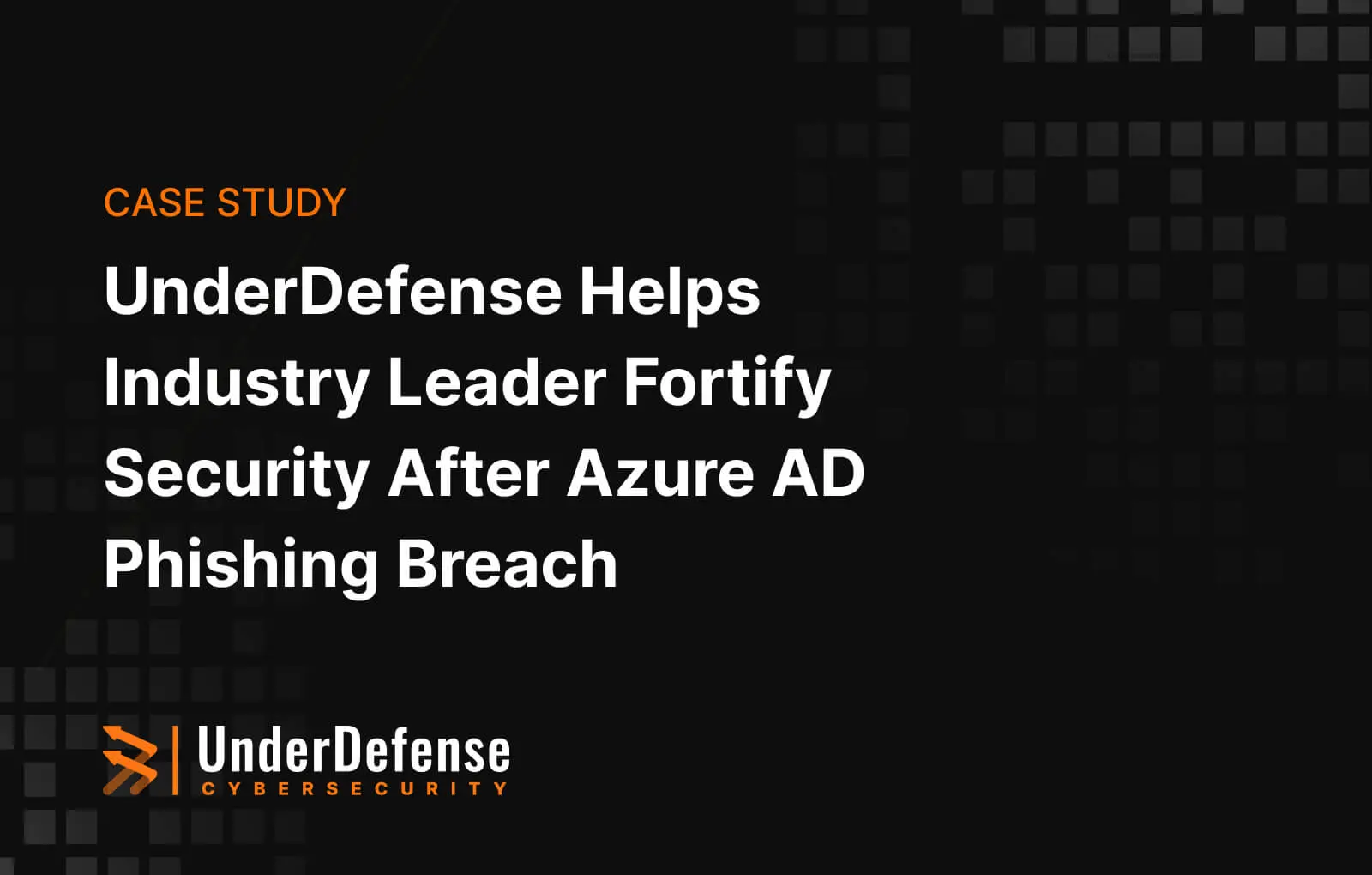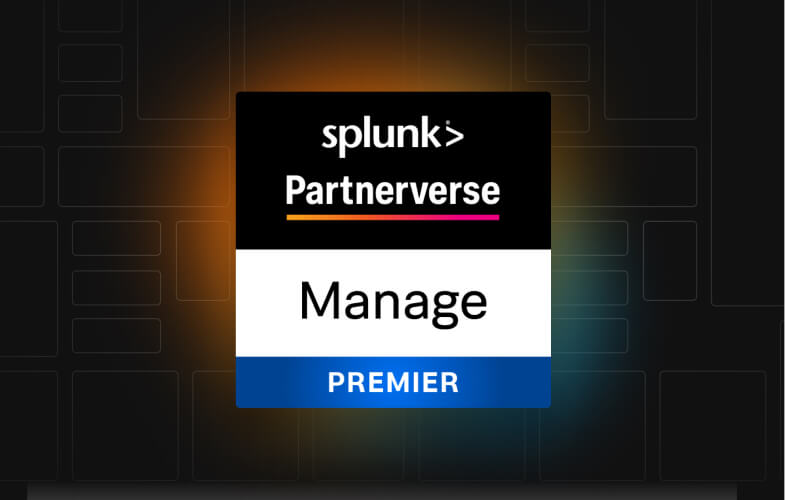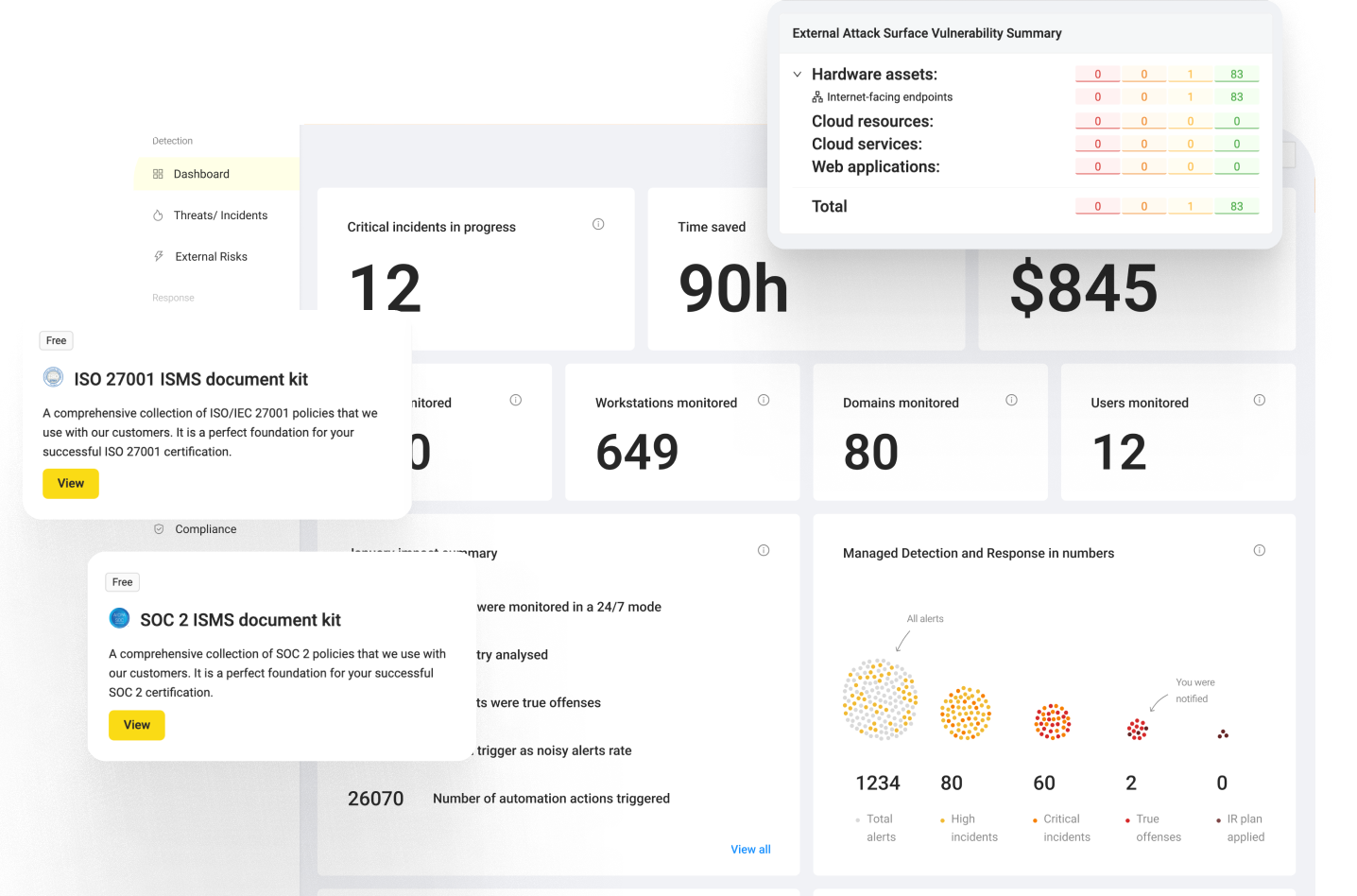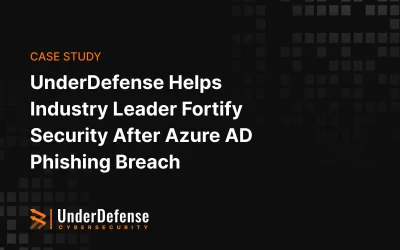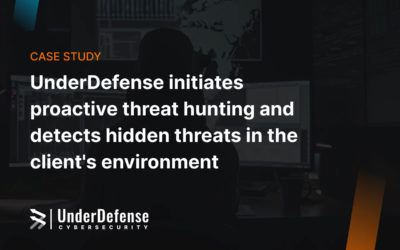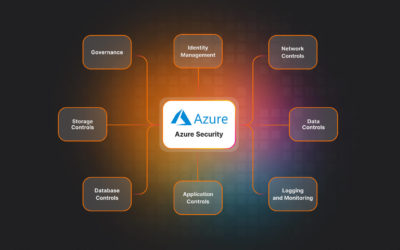Black Friday is coming! Pleasant time of hot sales. Pleasant not only to those people who prepare Christmas gifts but also to hackers who want to make money on the desire of users to buy cheaper goods.
This year online shopping is going to become as popular as it has never been. So, here are a few tips on how to ensure yourself an enjoyable and safe online shopping 2020.
10-dollars iPhone doesn’t exist. Just take it
Sometimes the user may come across a very tempting offer which he/she wants to believe so much.
You kind of understand that anybody would give iPhones for free. But what if a miracle still exists? NO! It doesn`t exist, sorry. They are just hitting you for money.
Making purchases from a reliable source you provide yourself with a guarantee of security. In this way, you have where to come and say: “Hey! I want my money back!”.
With a source, which doesn`t have a good rating or offers unreal prices, there are two possible scenarios:
- your money will be stolen immediately
- you will be sent something, but definitely not what you paid for
Be careful with your mail
Hackers may release ads and share them by mail. This is one of the most common ways to deceive users. The ads from these spam emails contain links to harmful sites. There is a high possibility that all this spam would be masked as emails that could send verified services.

Hackers can edit everything so that at first sight it will be an exact copy of emails that you can trust. But the danger is easy to expose by hovering the cursor over the button with the link contained in the letter and wait a second.
The address of the verified resource may be written on the button. But if it is harmful advertising, hovering the cursor over the button you will see that the site that is highlighted is different from the one indicated on the button.
How to recognize harmful sites and don`t get into the trap?
Different hackers often register similar to known domain resources changing, for example, one letter. So when we have a reliable and verified something.com, then a hacker can take you to something.conn, for example.
If the attacker didn’t bother at all, then there won’t be even a certificate and your lock will be red signalizing that the protection is bad and the connection is harmful. But if the hacker bought a certificate, your lock will be green and you will have a phantom feeling that everything is fine.
How to behave online to have your personal information protected
If you want to be safe, first of all, you have not to spread your private information everywhere consciously.
You should try to leave as little information about yourself on the Internet as possible. If someone wants to make you a victim of social engineering, all this information comes in handy, and then it’s easier to target you.
Therefore, the recommendation is to maintain information hygiene – change passwords, have different passwords for different services, use two-factor authorization, check if the service supports GDPR. If it supports, then you can, for example, request to delete data about you.
What about money?
You can leave your card information on the website or you can use payment systems that act as an intermediary between the seller and the buyer, such as PayPal.
The second option is more reliable. But again, it depends on the reliability of the source.
Never leave your card information, especially credit cards, somewhere like everything-for-free-but-first-write-your-card-number.com.

If you had made a mistake and realized it, you can try to cancel the transaction or even report it to the police.
Online shopping – home shopping
Never use public Wi-Fi if you are going to buy something. The malefactor also can use public Wi-Fi and if you had an unprotected connection, most likely that that guy could see everything that you did.
That’s mean that if you went to a website that doesn`t have a protected connection and left your credit card information, the malefactor which is on the same network as you, could get the credit card information.
Not only credit card
If you follow a harmful link, the hacker can sometimes even get access to your car.
Update browsers, update the operating system, even if you do not like the new interface. Over time, vulnerabilities are found everywhere, including your browsers. If you do not update your browser, then there are most likely some vulnerabilities or holes that may be just a target for attackers.
Also, keep in mind that you should install applications only from trusted sources, not from random sites. Only direct support for the operating system from the manufacturer can guarantee timely security updates.
2020, something else?
This year can be confidently called «The Year of Online». Humanity has adapted its routine to the online world and has improved it. It would seem that Black Friday is also worth waiting for surprises and improvements from hackers. But there is good news. If you are well-versed in the basic principles of online behavior, then Black Friday 2020 is not scary for you.

The target of these spams and a variety of tricks are negligent users. As long as there are people who click on the free iPhone, there is no need to improve.
Hackers are heavily relying on the inattention and ignorance of users. So do everything you can to prove the opposite.


